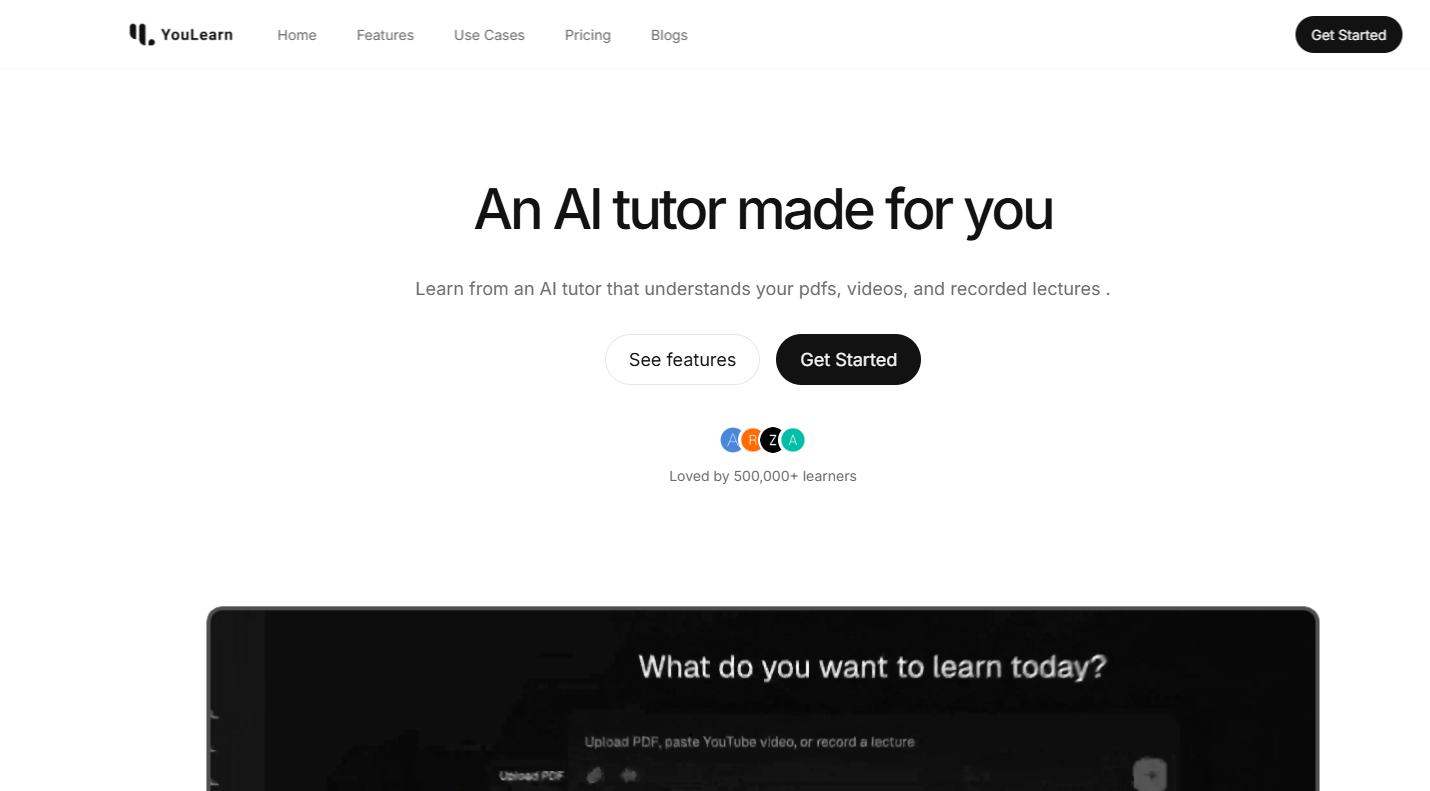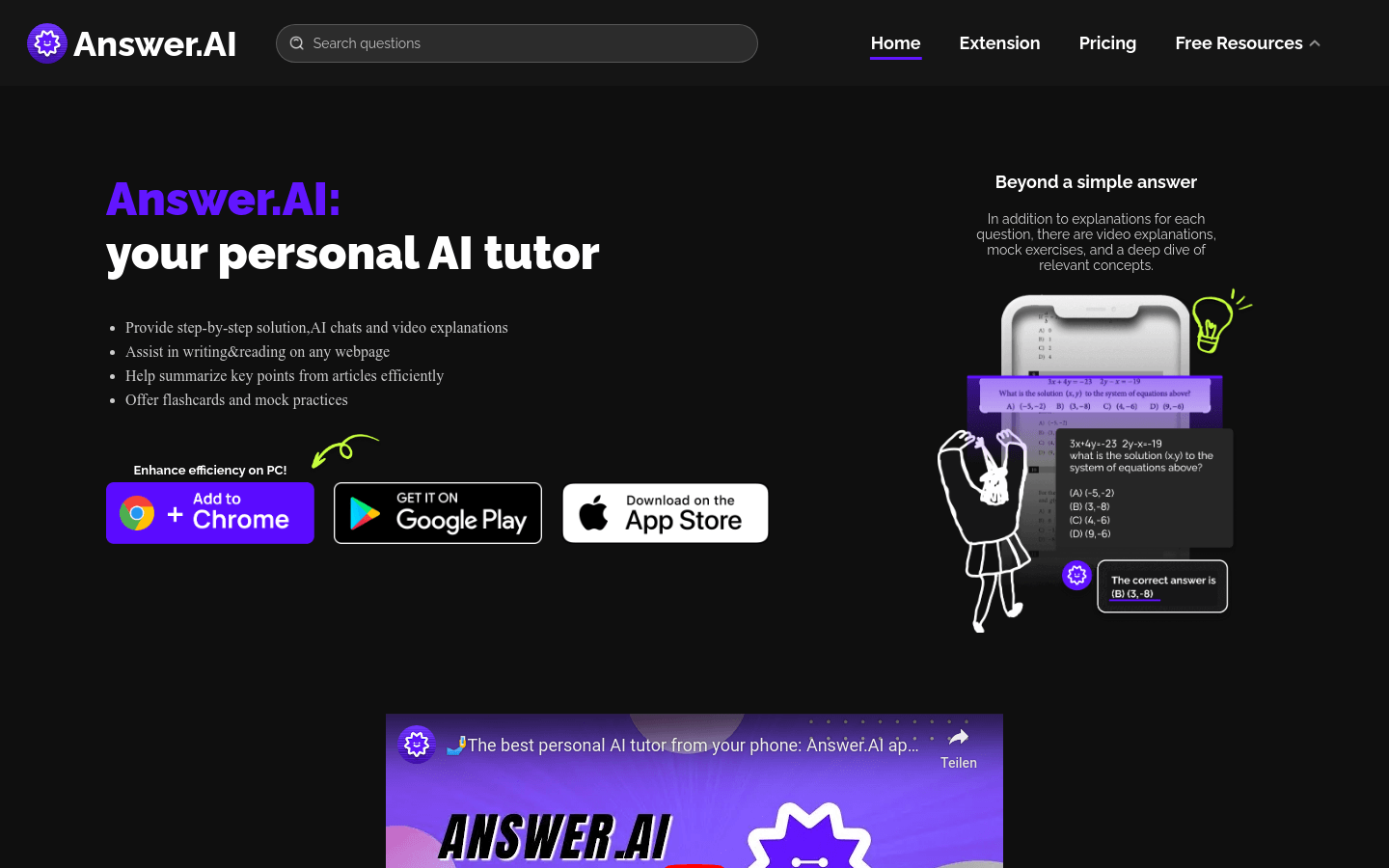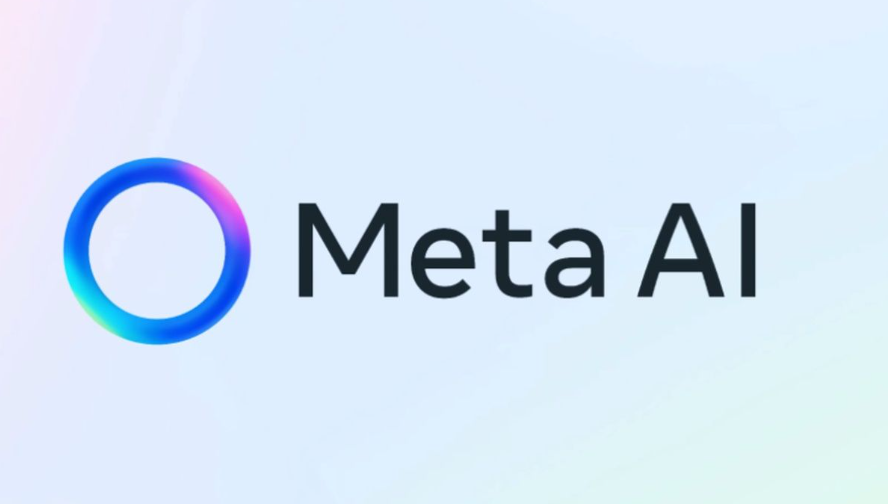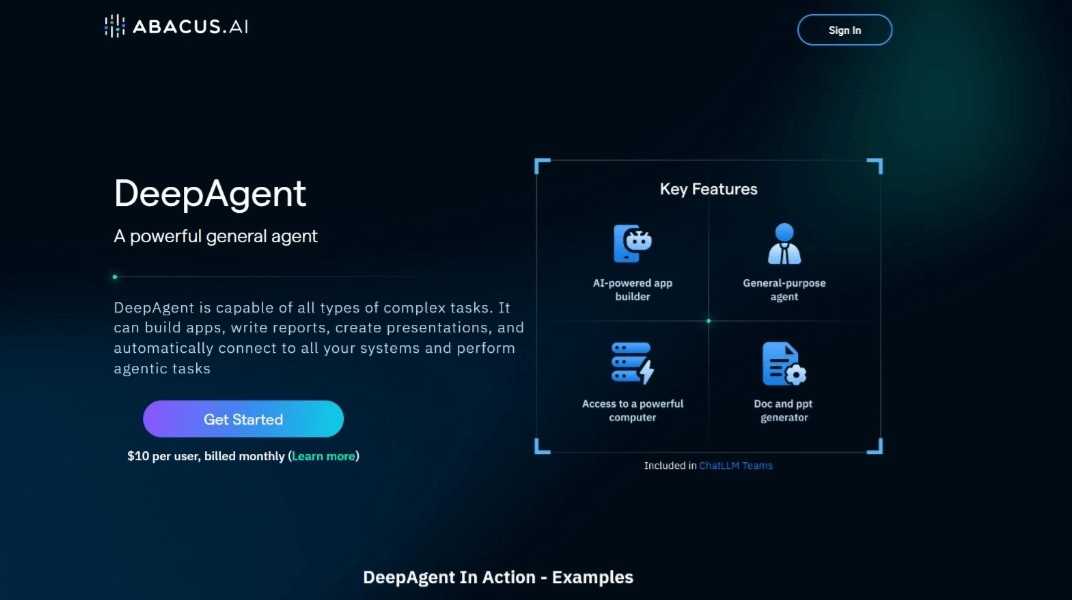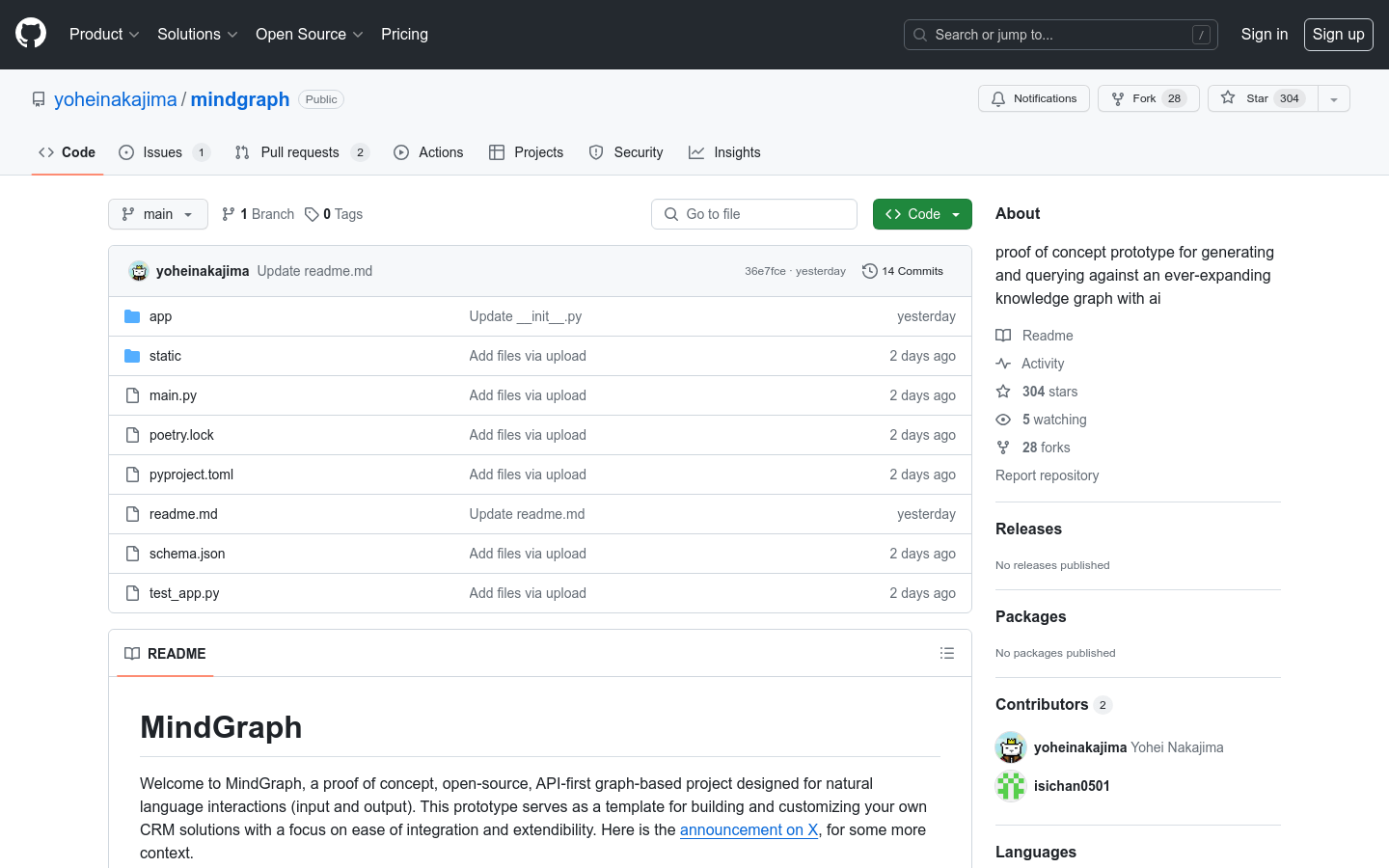
MindGraph is an open source, API-first graph-based project prototype designed to enable natural language interaction (input and output). It serves as a template for building and customizing your own CRM solution, with an emphasis on ease of integration and scalability. The main functions include: entity management, integrated triggers, search functions, and artificial intelligence preparation. It adopts a modular architecture and dynamically registers and executes various integration functions through the integration manager, giving it the ability to seamlessly integrate artificial intelligence functions. It supports flexible database integration, including in-memory database and cloud database NexusDB. Coupled with the creation of pattern-based knowledge graphs, it can automatically generate structured data from natural language input.
Demand group:
"Suitable for scenarios where knowledge graphs need to be managed and queried in natural language, such as intelligent customer relationship management, knowledge base construction, etc."
Example of usage scenario:
Enterprises can use MindGraph to build an intelligent CRM system based on natural language and automatically update customer relationship data by processing employees' natural language input.
Educational institutions can use MindGraph to automatically extract key concepts and knowledge points from course materials and present the knowledge structure graphically.
Researchers can use MindGraph to analyze large amounts of text data and automatically generate knowledge graphs to discover hidden association patterns.
Product features:
Entity management (CRUD operations)
Integrated triggers (interaction with external systems)
Search functionality (find entities and relationships)
Artificial intelligence integration (data processing and decision-making)
Pattern-driven knowledge graph generation (natural language input into structured data)
Database integration (in-memory database and cloud database)
